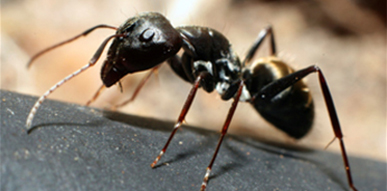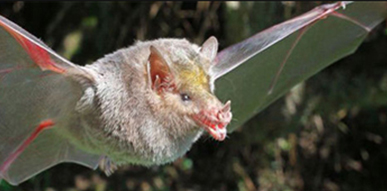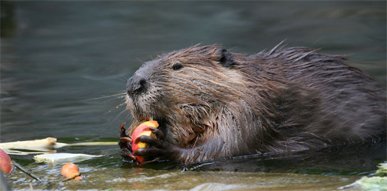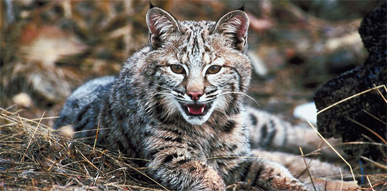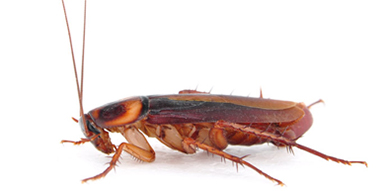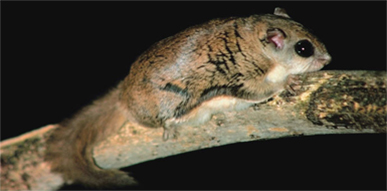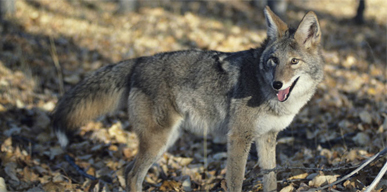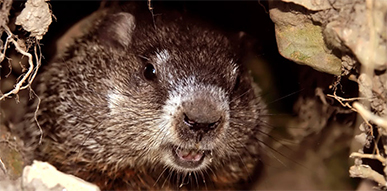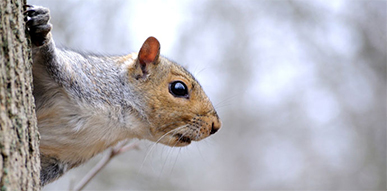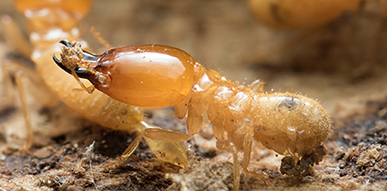Being that rodents are parasitic creatures, they can be potentially dangerous, especially if they can gain access to a home and/or working facility. Basic maintenance on a structure can reduce the curiosity of rodents and may deter them from entering the structure. One of the best methods for detecting rodents is listening for unfamiliar noises or clatter and looking for evidence (chewed wires, torn insulation, displaced material) and then consulting your exterminator before the rodent causes more damage. The following is basic, beneficial information on rodents:
- Rodents can be difficult to control because that they are very wary of traps and bait.
- Locating all points of entry that rodents may be assessing can be difficult.
- Rodents make burrows in hard to reach areas such as in dirt banks, under concrete foundations, in walls, and in crawlspaces.
- Rodents can bring fleas, ticks, and lice into a structure.
- Rodents can transfer diseases through feces.
- Rodents usually contaminate more food than they consume.
- Rodents seek out food, water, and warm places to burrow inside structures.
- Rodents reproduce at an increasing rate producing 150 to 200 offspring in a period of 5 months.


